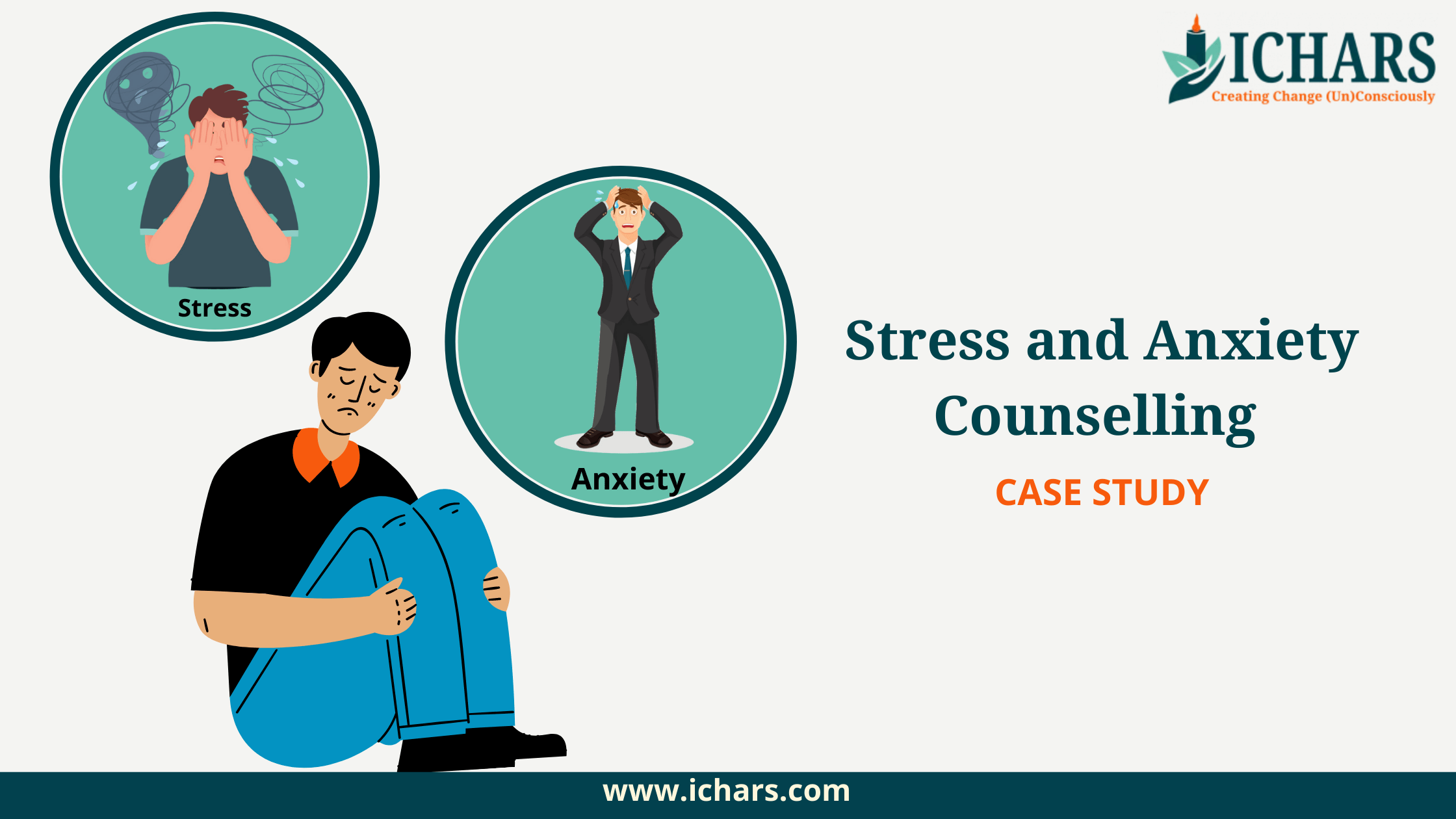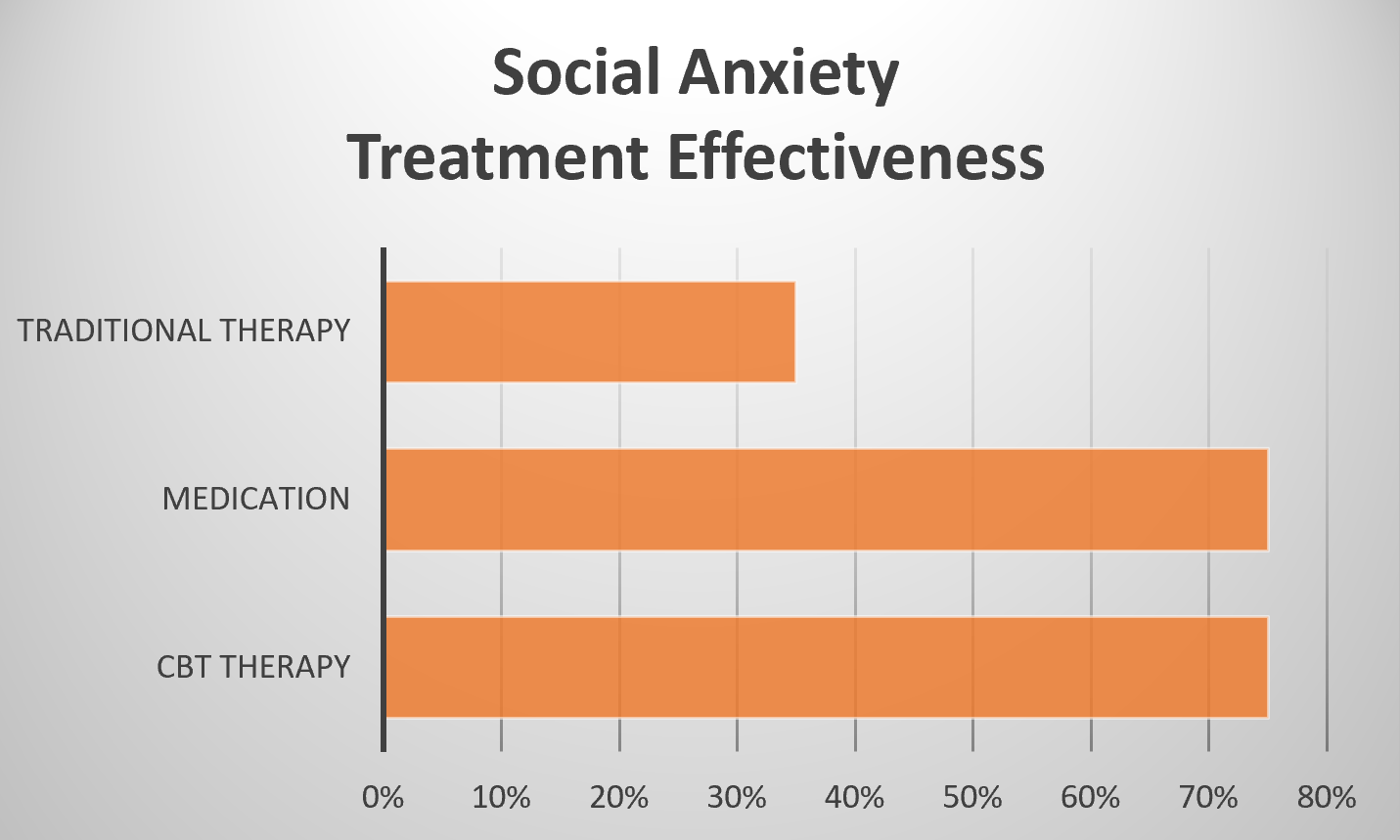Evidence-based counselling for anxiety with compassionate guidance
Evidence-based counselling for anxiety with compassionate guidance
Blog Article
Exploring Various Approaches in Therapy for Stress And Anxiety Condition for Long-term Modification
When taking on stress and anxiety conditions, it's necessary to check out a selection of therapy methods. Each approach provides unique insights and devices to help you manage your signs effectively. You might discover that incorporating methods can yield the very best outcomes. Nevertheless, understanding the subtleties of these strategies is crucial to fostering enduring modification. What happens if the right mix could release a new level of psychological wellness for you?
Recognizing Anxiety Disorders: A Brief Overview
Stress and anxiety disorders, which impact millions of people worldwide, can greatly impact every day life. You could experience frustrating sensations of concern or worry that appear irrepressible. These sensations can result in physical symptoms like a racing heart, sweating, or perhaps lightheadedness. Common kinds of anxiousness conditions include generalised anxiousness condition, panic disorder, and social anxiousness problem. Each has one-of-a-kind indicators, however they all share a tendency to interrupt your regular and relationships.Understanding the source of your anxiety is essential. It may originate from genetics, brain chemistry, or life experiences. Acknowledging your triggers can aid you manage your responses much better. It is very important to bear in mind that you're not the only one in this battle. Numerous people encounter comparable obstacles, and looking for help is a solid step toward sensation better. By finding out about stress and anxiety disorders, you're already on the course to understanding and managing your condition more efficiently.
Cognitive-Behavioral Treatment: Challenging Negative Thought Patterns
In Cognitive-Behavioral Treatment, you'll start by recognizing the unfavorable thought activates that add to your anxiety. Once you acknowledge these thoughts, you'll work with changing them with more positive alternatives. Together, you'll build effective coping strategies to help manage your anxiety in day-to-day situations.
Determining Unfavorable Thought Triggers

Acknowledging the particular triggers behind your unfavorable thoughts can be important in taking care of stress and anxiety when you encounter minutes of distress. Start by taking notice of scenarios that prompt feelings of worry or concern. Is it a crowded area, a future due date, or a discussion with particular people? Write these instances in a journal. This will certainly assist you identify patterns in your thinking. Notice physical experiences that accompany your adverse thoughts, like an auto racing heart or tightness in your breast. By pinpointing these triggers, you acquire understanding right into what's fueling your stress and anxiety. Recognizing these connections is the very first step in challenging those thoughts and inevitably reclaiming control over your emotional reactions.
Changing Ideas With Positives
Testing adverse idea patterns is an important action in changing your mindset and lowering anxiety. You may frequently locate on your own caught in cycles of insecurity or disastrous reasoning. Rather than allowing these thoughts determine your feelings, practice replacing them with favorable affirmations or reasonable options. When you think, "I can't manage this," move it to, "I can manage obstacles one step at a time." This straightforward modification can significantly affect your psychological state. Routinely determining and responding to these adverse ideas helps produce a healthier interior dialogue. Bear in mind, it requires time and effort, however consistently exercising this method can result in lasting modification, encouraging you to encounter stress and anxiety with renewed confidence and durability.
Building Coping Approaches Together
Changing unfavorable thoughts is only the start of taking care of anxiousness effectively. To produce lasting modification, you need to develop coping approaches that equip you. Cognitive-Behavioral Therapy (CBT) helps you identify and test those unhelpful thought patterns. With each other, you and your therapist can discover exactly how these thoughts influence your feelings and behaviors.Start by creating practical techniques, like journaling or mindfulness exercises, that enable you to confront stress and anxiety head-on. When you encounter your fears slowly, you'll discover to react in different ways.

Mindfulness and Acceptance-Based Approaches: Cultivating Present-Moment Awareness
As you browse the intricacies of anxiousness, incorporating mindfulness and acceptance-based methods can considerably boost your capacity to grow present-moment awareness. By focusing on the present moment, you'll find that you can observe your ideas and sensations without judgment (Counseling services for anxiety). This technique assists you recognize your anxiety without feeling bewildered by it.Engaging in mindfulness exercises, such as deep breathing, body scans, or guided reflections, enables you to ground yourself in your existing experience. Acceptance-based techniques motivate you to welcome your feelings instead of battle versus them. They shed their power over you.Incorporating these methods right into your daily routine can change exactly how you react to anxiousness when you approve your sensations. You'll establish strength and discover to navigate stressful scenarios with better simplicity. Eventually, growing present-moment awareness lays the foundation for enduring modification, equipping you to lead a more fulfilling life
Direct Exposure Treatment: Challenging Anxieties Gradually
Exposure therapy assists you face your concerns in a progressive way, making it much less frustrating. You'll learn techniques to face anxiety-provoking situations detailed, while also developing coping strategies to handle your reactions. This technique equips you to take control and minimize anxiety gradually.
Steady Direct Exposure Techniques

When facing anxiousness, gradually challenging your worries can be a powerful means to restore control. This method, referred to as gradual direct exposure, entails slowly subjecting on your own to the situations or objects that activate your anxiety. Beginning with less intimidating scenarios and progressively work your method up to more tough ones. For instance, if you hesitate of public speaking, you may start by speaking in front of a mirror, after that progress to sharing thoughts with a pal, and ultimately attend to a tiny group. Each step helps desensitize you to the fear, building your self-confidence over time. Bear in mind, it's crucial to pace on your own and celebrate small triumphes as you relocate via this procedure, reinforcing your site here capability to handle stress and anxiety properly.
Building Coping Approaches
Building effective coping methods is crucial for handling stress and anxiety, particularly as you challenge your anxieties gradually - Counseling services for anxiety. One powerful approach is exposure therapy, where you start by encountering your anxieties in a regulated manner. Start with less frightening situations and gradually work your means up to even more challenging situations. This progressive direct exposure assists desensitize you to anxiousness see this website triggers, making them much less overwhelming.Incorporate relaxation strategies, such as deep breathing or mindfulness, to soothe your mind throughout exposure. Track your development, celebrating little victories along the road to increase your confidence. Keep in mind, it's fine to take your time; the objective isn't perfection however steady renovation. By constructing these methods, you'll empower yourself to browse anxiety and welcome life much more fully
Psychodynamic Therapy: Discovering Origin Reasons of Stress And Anxiety
Psychodynamic therapy discovers the unconscious mind, disclosing the source of your stress and anxiety. By examining your thoughts, sensations, and previous experiences, this approach assists you uncover underlying conflicts and unsettled concerns that may add to your current anxiousness. You'll function with a specialist to check out youth experiences, relationships, and emotional patterns that form your reactions today.As you obtain insight right into these much deeper layers of your subconscious, you'll start to acknowledge exactly how previous occasions affect your present actions. This understanding can cause catharsis, allowing you to refine emotions you could have suppressed.Through the therapeutic relationship, you can additionally identify defense reaction that might have established gradually, offering a clearer path to alter. Ultimately, psychodynamic treatment outfits you with the tools to resolve your stress and anxiety at its core, advertising enduring change in your emotional well-being.
Integrative and Alternative Techniques: Combining Strategies for Greater Efficacy
Incorporating various healing methods can enhance your journey toward taking care of anxiety more effectively. By integrating elements from cognitive-behavioral therapy, mindfulness methods, and all natural strategies, you can create a personalized technique that addresses your distinct needs. As an example, you might make use of cognitive-behavioral methods to test adverse thought patterns while including mindfulness exercises to ground yourself in the here and now moment.Additionally, exploring alternative techniques such as yoga or meditation can advertise relaxation and lower stress and anxiety signs and symptoms. This mix permits you to establish greater self-awareness and resilience.Experimenting with these diverse approaches can aid you uncover what reverberates most with you. Bear in mind, it's about finding a harmony that works, instead of adhering to a single method. This integrative technique not only provides prompt alleviation however likewise fosters long-term skills for managing anxiety, equipping you to redeem control over your life.
The Function of Assistance Systems: Structure Strength Through Link
While it may appear that handling anxiety is a solitary journey, having a strong support group can play his comment is here an essential role in your resilience. Bordering on your own with compassionate pals, family members, or support system develops a secure area where you can openly share your feelings and experiences. When you link with others, you remind yourself that you're not the only one in this struggle.These connections use encouragement and can offer sensible coping strategies that have worked for others. It's likewise a chance to gain perspective; pals can aid you see scenarios in a different way, minimizing feelings of isolation.Moreover, psychological support fosters a feeling of belonging, which can substantially reduce anxiety signs and symptoms. By leaning on your assistance system, you can develop strength and take on obstacles much more efficiently. Keep in mind, connecting for aid signifies stamina, and it can make all the distinction in your journey towards taking care of stress and anxiety.
Frequently Asked Inquiries
What Are the Common Signs And Symptoms of Anxiousness Disorders?
You might experience uneasyness, tiredness, trouble focusing, irritation, muscle mass tension, and sleep disruptions. Physical symptoms can consist of rapid heart beat, sweating, and shivering. Acknowledging these indicators early can aid you look for suitable assistance and therapy.
How Much Time Does Therapy Typically Last for Stress And Anxiety Conditions?
Therapy for stress and anxiety problems usually lasts anywhere from a few weeks to numerous months. It actually relies on your private needs, progress, and the strategies your specialist makes use of to aid you manage your stress and anxiety effectively.
Can Medicine Be Made Use Of Together With Therapy for Anxiousness?
Yes, medicine can most definitely be utilized alongside therapy for anxiety. Integrating both approaches often improves therapy performance, helping you handle symptoms while exploring underlying problems with therapy (Counseling services for anxiety). Always consult your doctor for tailored guidance
Exist Self-Help Techniques for Managing Stress And Anxiety?
Yes, there are several self-help methods for handling anxiety. You can exercise mindfulness, engage in routine exercise, maintain a balanced diet plan, establish a routine, and make use of deep breathing strategies to assist minimize anxiousness signs and symptoms efficiently.
Just how Do I Know if I Need Professional Aid for Anxiety?

Report this page